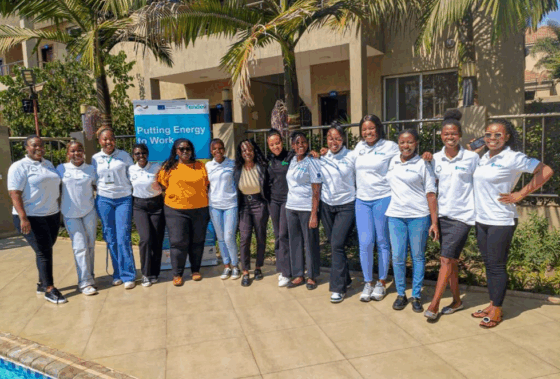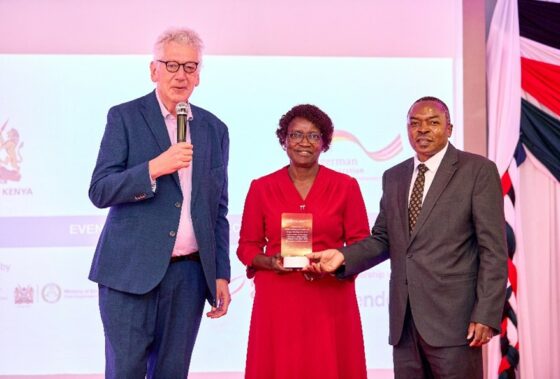Celebrating International Women’s Day – what does gender equality mean to EnDev?
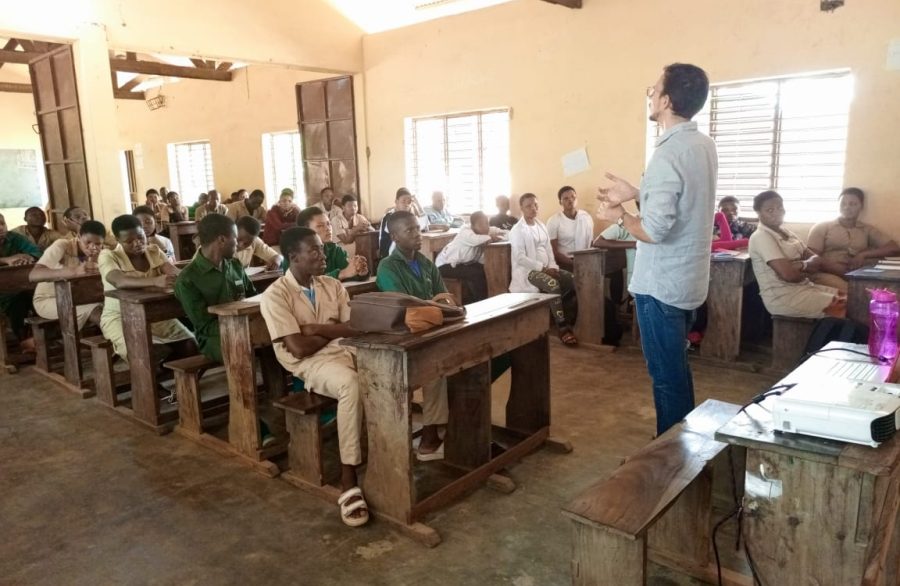
On International Women’s Day, EnDev draws attention to five examples of addressing gender equality in the energy access sector – from Latin America to Asia and Africa.
Today is International Women’s Day! Every year, the 8th of March is a day to reflect on progress towards gender equality. It is a day to call for change and celebrate the extraordinary women among us, shaping the history of countries and communities worldwide.
The theme of this years’ International Women’s Day is “Women in leadership: Achieving an equal future in a COVID-19 world”. It celebrates the efforts of women and girls around the globe in shaping a more equal future and recovery from the COVID-19 pandemic.
So moving from strategy into implementation: How does EnDev integrate gender into its country projects? Five examples will illustrate this:
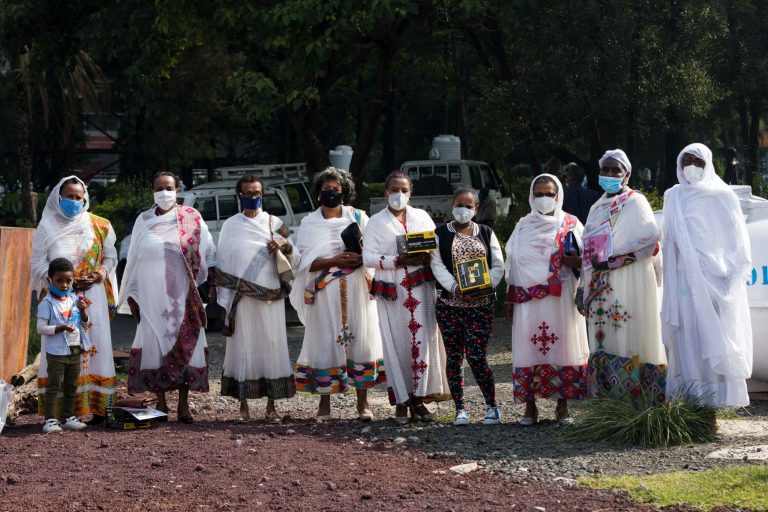
For International Women’s Day, EnDev Ethiopia is organising a joint event with the Ministry of Water, Irrigation & Energy (MoWIE) and Ethiopian Women in Energy (EWiEn). The event offers a platform for women in the energy access sector to network and exchange experiences on career development and leadership. The goal is to let female professionals in the male-dominated energy sector come together to overcome gender inequality, bias, and commonly encountered challenges. By motivating them and building their confidence, these women are inspired to tackle traditional gender roles and challenge the status quo.
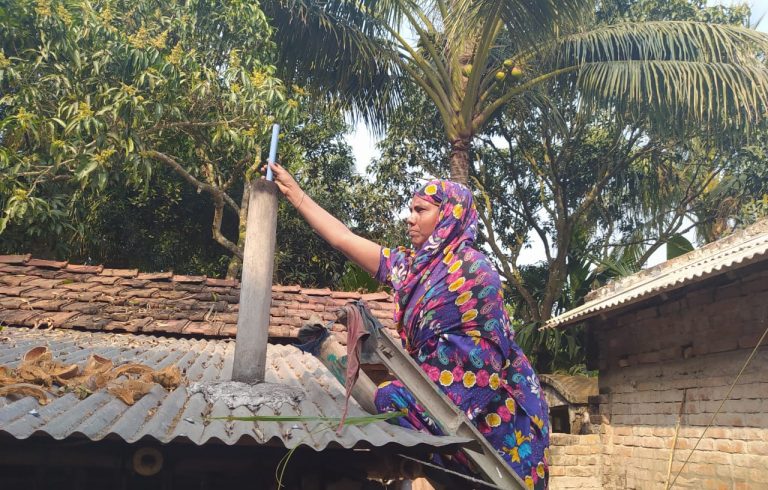
In Bangladesh, EnDev established a strong focus on gender in its cooking component by closely cooperating with the Bangladesh Bondhu Foundation (BBF). The BFF engages women to provide maintenance and after-sales service for ICS. It thus challenges gender norms in jobs traditionally associated with men. The female training participants and so called ‘Bondhu Chula doctors’ are able to gain financial independence through an increased income and are empowered by the communities’ respect and recognition. EnDev, in cooperation with the BFF, has trained 1,500 women so far. For the future the foundation is planning to train another 13,500 women. EnDev Bangladesh will support this further until 2023.
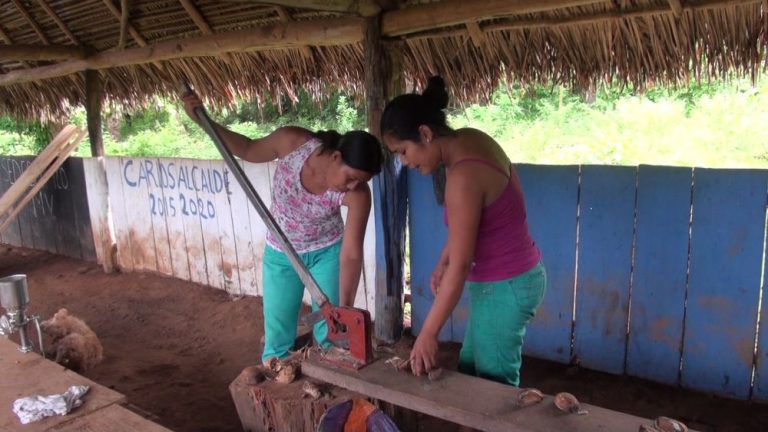
In Bolivia, EnDev involves women in participatory processes for co-designing technologies applied to PUE, for example in the agricultural sector. These technologies are tailored to their needs, reduce production time and effort while increasing income, productivity and product quality. Together the women ideate concepts, test prototypes, and make recommendations for adjustments. The “cusi palm grinder” has already been adopted, used for obtaining organic extra-virgin oil for cosmetic products. The cusi-grinder increases output by more than 1,000% and reduces production costs by at least 15%.
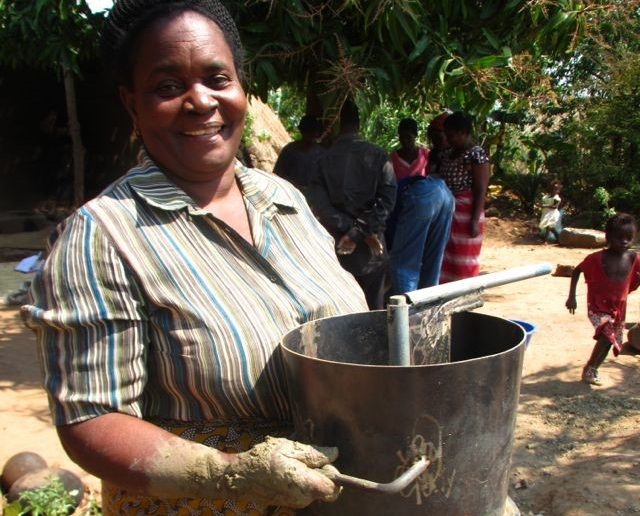
In Malawi, EnDev addresses gender transformation in its cooking component by supporting female workers, who make up the majority of workers in Chitetezo Mbaula stove producer groups in the country. The project supports the promotion of gender-specific tools such as paddle molds which help to shape the stoves using less physical strength. These tools enable women in physically demanding stove production processes, such as clay stomping and stove shaping, to achieve the same quality and quantity of stoves. This has enabled the women to take over entire production processes – an effect that spilled over to other female-led production groups.
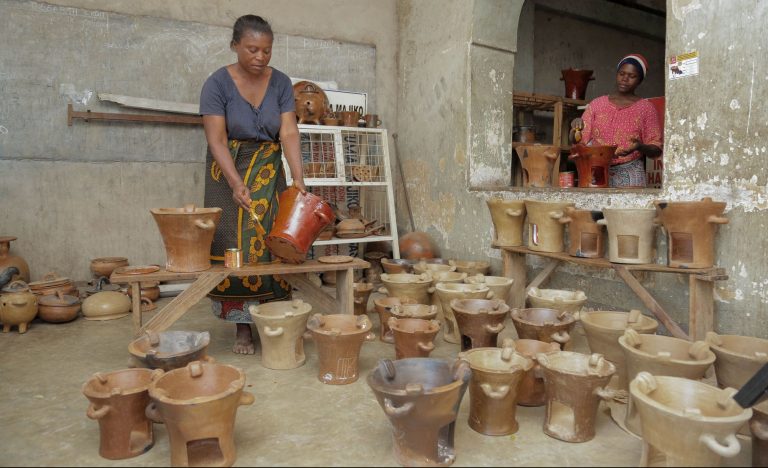
In Tanzania, EnDev (implemented by SNV) trains as many female as male artisans in the production and sale of ICS. To further transform this gender approach, EnDev engages the female as well as male producers’ spouses in a workshop to understand how the ICS business fits into the wider, more holistic view of the family, and their life vision. The aim is to increase stove sales by supporting the entrepreneurs and their spouses in setting a family vision as well as business targets. The workshop encourages discussions on household labour division, as women-led business owners often carry the double burden. Moreover, it is reflected on cultural stigmas and their impacts especially on women as business owners. So far, the majority of women-led enterprises undergoing this training were able to increase their sales and thus their income.
Overall, these EnDev country examples show that implementing gender-sensitive as well as gender-transformative approaches in energy access projects have a huge potential in addressing gender norms and empowering women.
The aspect of gender and women’s empowerment has been of heightened focus in the international cooperation sphere, too. In 2020, EnDev concluded the development of its Strategy, which was translated into a sharpened logframe on output, outcome and impact level. One strategic key element is the ambition to increase the programmes’ emphasis on leaving-no-one-behind, inclusion of the poor and vulnerable, and an amplified focus on women and refugees. The holistic safeguards and gender approach is integrated into programming on country level.
